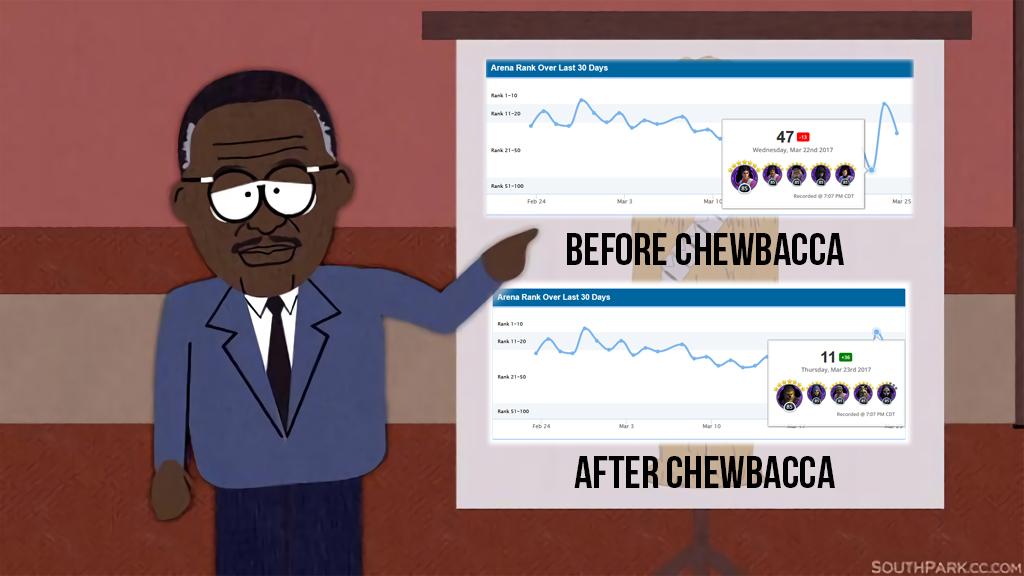It used to be said that the man who represents himself has a fool for a client. In child custody cases, which can be contentious and emotionally difficult, there is good reason to seek representation. But times are tough and if you’re looking to cut costs, then you may be considering Limited Scope Representation, or unbundled legal services.
There are risks to limited representation. It’s not right for everyone. Let’s look at guidance from the California courts on how to decide if LSR is right for your child custody case.
Unbundled Services
Traditionally, a lawyer is responsible for all aspects of a case. While counsel can be replaced, a new lawyer too, taking over a matter, will usually handle all of it. But legal fees are expensive and increasingly people are seeking to limit them by taking over aspects of the case and only getting representation for particular tasks or issues.
In uncontested cases or simple matters, LSR works. Say you and your ex agree on everything about your children but you just want to ensure that you handle all the forms correctly — then you are a good candidate for unbundled services. Simply getting a lawyer to formalize and review your agreements would not be a big risk.
LSR is risky in contested cases, however. Child custody disputes are not routine, administrative formalities. They are legal showdowns. If parents are fighting, you want a lawyer who is aware of all issues and deploys their extensive education and experience to protect you, your kids, and the case. It makes sense to let someone who knows what they are doing handle such a serious matter.
Five Questions
The California courts offer advice on LSR and, specifically, questions you should ask if you’re considering unbundled legal services for a child custody case. Here are the most pertinent of them:
- Is there a dispute about visitation or time-share, school or church?
- Are there major issues, such as a parent who wants to move away with the children or allegations of abuse?
- Can the disagreement be resolved by mediation or is a contested trial likely?
- Is a formal evaluation likely to be required?
- What kinds of witnesses or evidence will be presented by either side?
The state advises, “If, in thinking about these questions you realize there may be a lot of complications in your case, limited-scope representation may not be right. But talk to a lawyer to make sure.”










